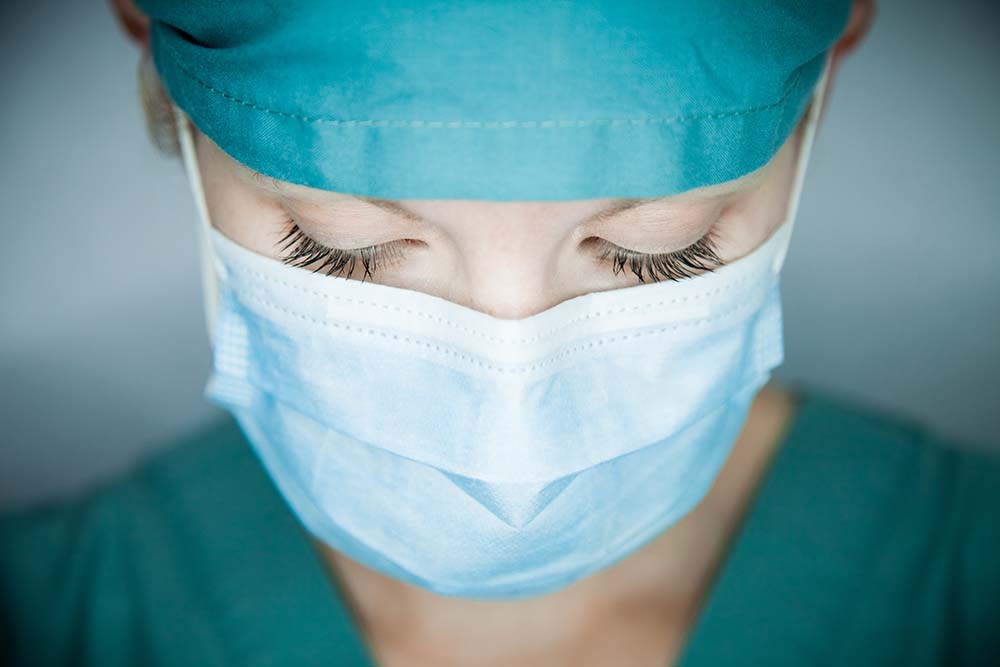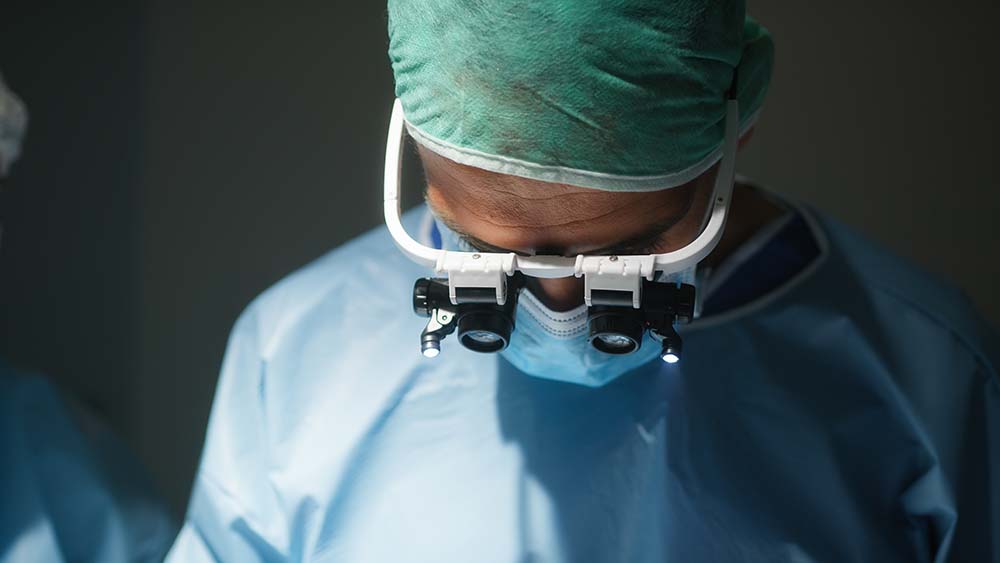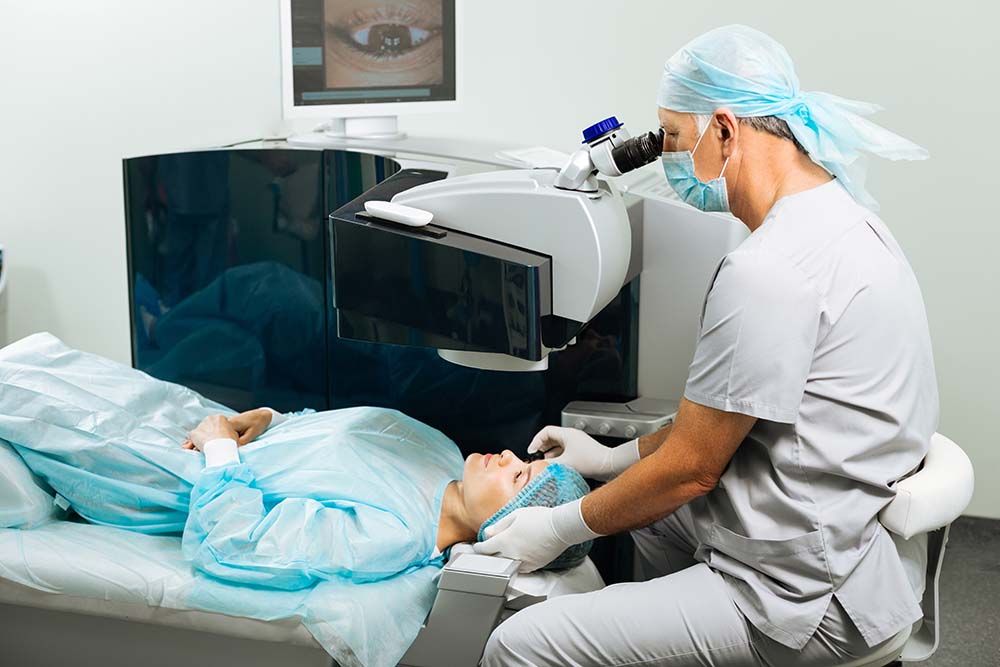What to Expect
Please note – this is general information only. If you have specific questions or are uncertain about what to do, please contact us for advice.
For all surgery, leave the dressing intact unless you have been asked to remove it at a specific time or if the eye is open or uncomfortable. In this case, remove the dressing, start your drops, and replace the hard plastic shield over the eye.
Severe pain is abnormal and can be a sign that something is seriously wrong – contact our office for advice.


Cataract Surgery
For the first week:
- Use your drops as instructed
- no working in the garden
- no swimming
- no heavy lifting
- reading and watching TV is OK.
- You should not return to work or drive a car until cleared to do so by us.
Retinal Surgery
On the evening of your operation, leave the dressing intact unless you have been asked to remove it at a specific time or if the eye is open or uncomfortable. In this case, remove the dressing, start your drops, and replace the hard plastic shield over the eye.
For the first week:
- use your drops as instructed
- no working in the garden
- no swimming
- no heavy lifting
- follow the posturing instructions exactly as prescribed – refer to your postoperative instruction sheet

If you do not follow these instructions, your operation might not work, you might require more surgery, and/or your vision may be permanently affected for the worse.
If you have a gas bubble in your eye, you cannot fly in an aircraft. You should also not ascend to altitude eg Castle Hill, Mt Stuart.
If you need to travel to altitude to get home (eg Mingela Range, Cardwell Range, Hervey’s Range), please ask about this when you see Dr Reddie.
You should also remember that while you have any gas bubble in your eye, it remains vulnerable.
You should therefore not attempt too much strenuous activity if any gas is present. For most patients, the gas will be completely gone in 3 weeks, and you are then able to resume all normal activity (including air travel and strenuous activity or exercise).

Injections
You may have a very red/bloodshot eye, and even some blood in your tears. This is very common and should not be cause for alarm.
Depending on the amount of bleeding, the redness may take two weeks to go away – people on aspirin or other blood thinners are particularly at risk for this. Blood like this will not cause any long term damage, but can look spectacular and worry both patients and carers.
Unfortunately, severe discomfort is not uncommon on the evening of your injection. This is mostly due to the combination of local anaesthetic and the antiseptics used to minimise the risk of infection, which causes irritation in some people.
If irritation on the evening of your injection is an ongoing problem for you, please discuss it with Dr Reddie and we can modify our technique to make the procedure as comfortable as possible.
INFECTION IS A BLINDING COMPLICATION OF INJECTION THERAPY AND REQUIRES URGENT ATTENTION.
The organisms that cause injection-related infection most often come from your mouth and nose, which are all connected with your eye through the tear ducts.
You will see the staff all wearing surgical masks, and this is to minimise bacteria that are aerosolised during speech – we ask that you keep all speech to a minimum when you are in the treatment room.
Injection-related infection can start as new “floaters” in the treated eye within 24-48 hours after the injection.
If you experience new floaters, a dull ache that does not go away, or steadily decreasing vision over hours, please contact us URGENTLY so we can advise on a course of action.
